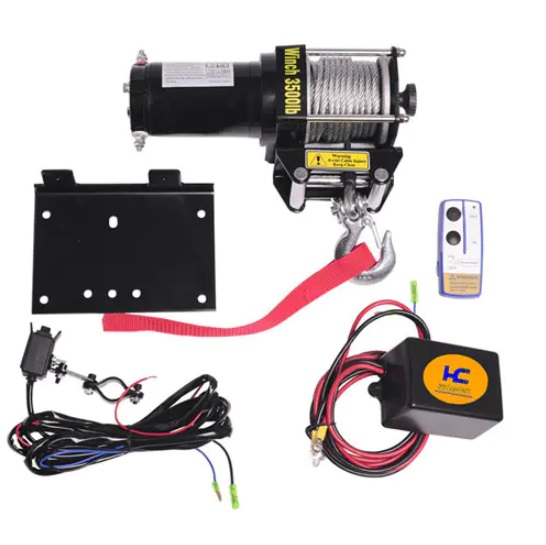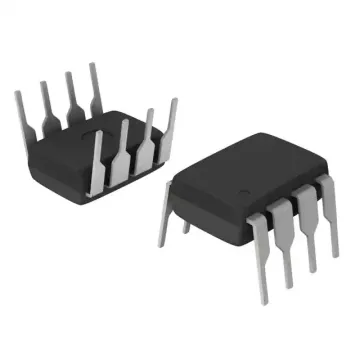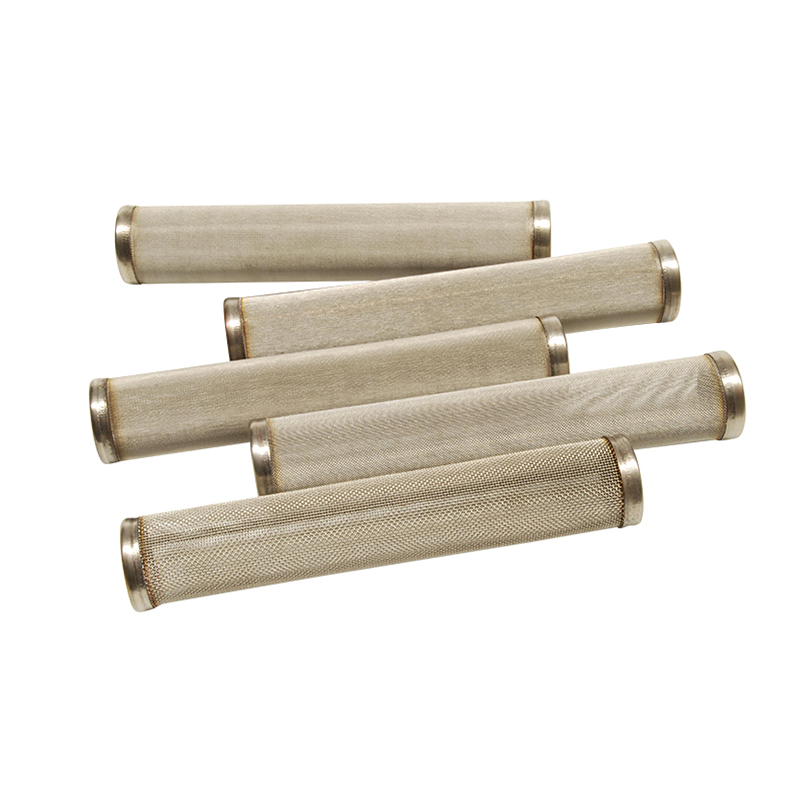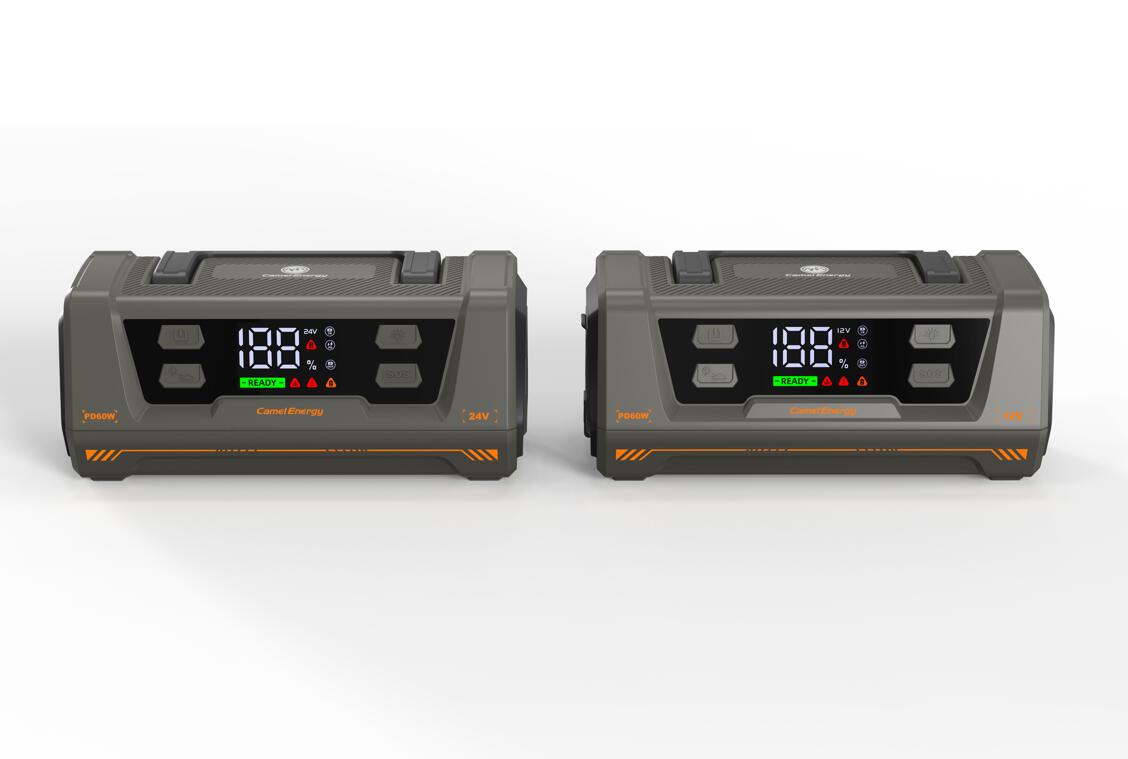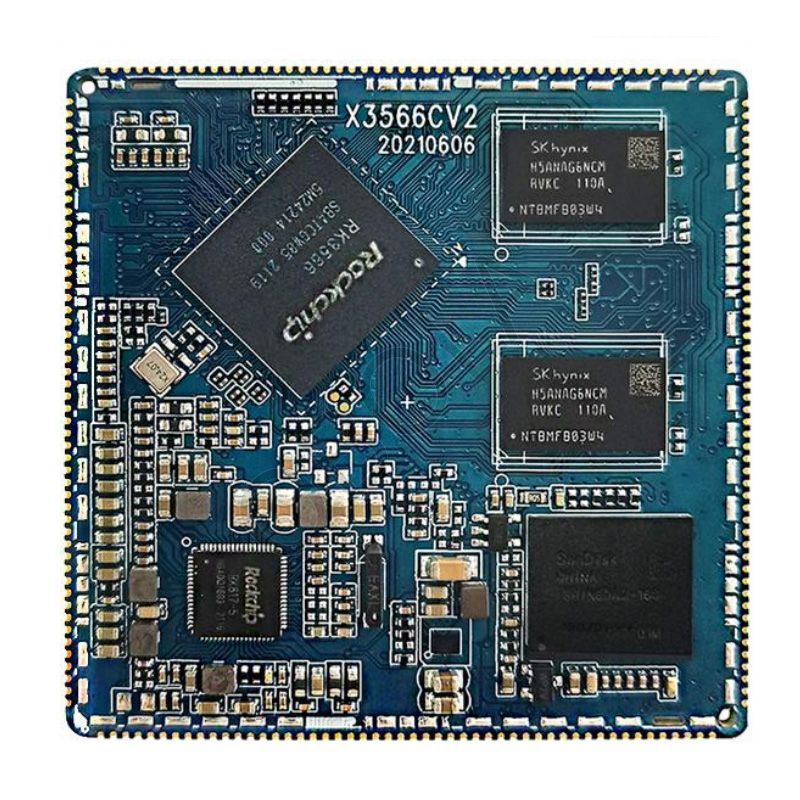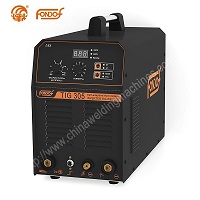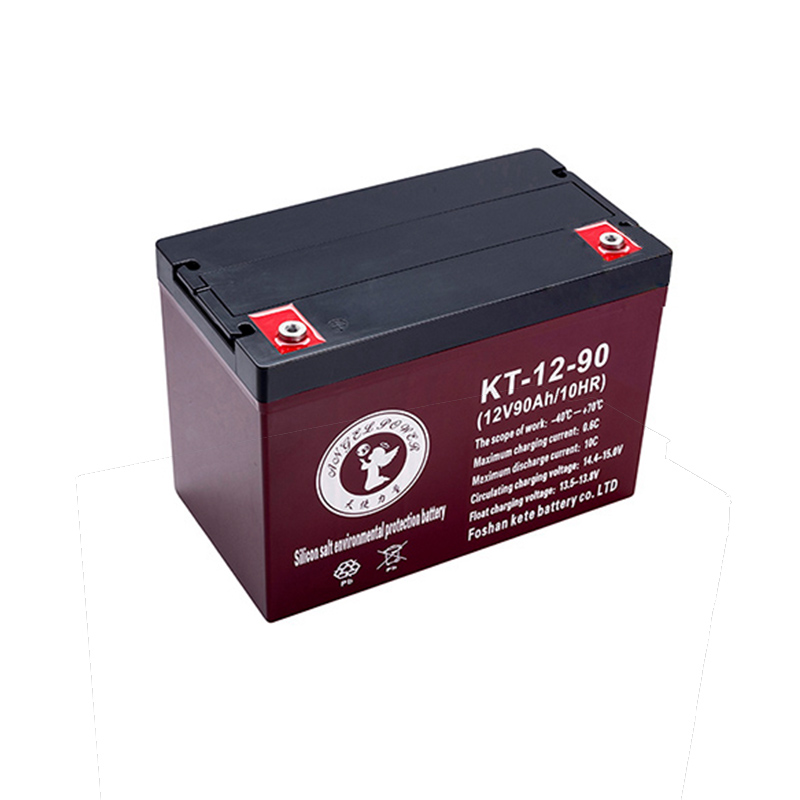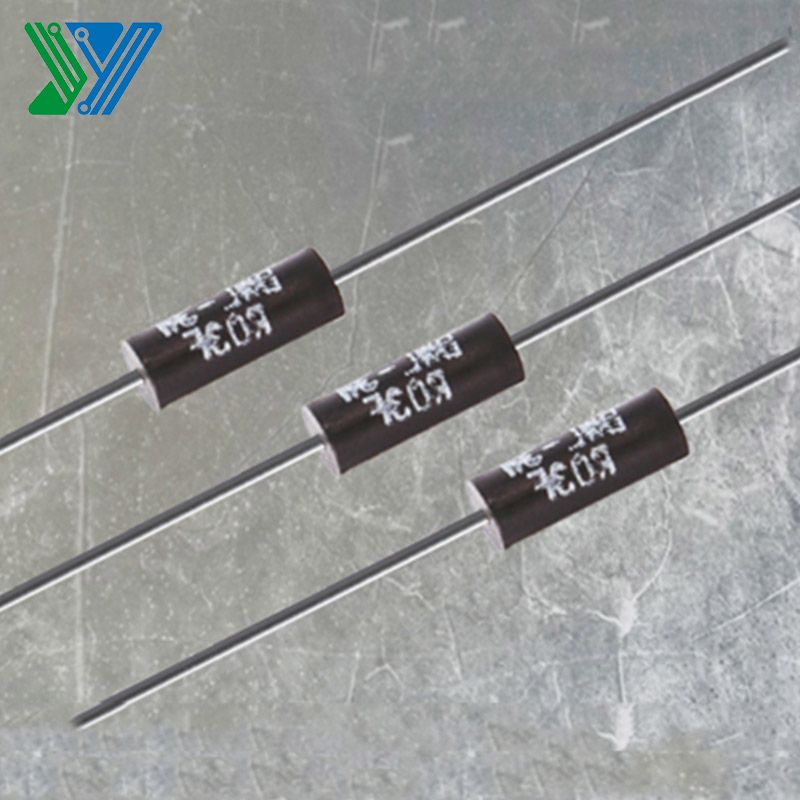What are power resistors, and how do they function in electrical circuits?
Power resistors are electrical components designed to limit or control the flow of electric current in a circuit. They are specifically designed to handle high power dissipation and are commonly used in various electrical and electronic applications where the flow of current needs to be managed or reduced. Power resistors come in different sizes, shapes, and materials, depending on their intended use and power-handling capabilities.

Function in Electrical Circuits:
Power resistors function in electrical circuits by introducing resistance to the flow of electric current. This resistance is a property that opposes the flow of electrons and reduces the amount of current passing through the circuit. Here's how power resistors work in electrical circuits:
Current Limiting: One of the primary functions of power resistors is to limit the amount of current flowing through a circuit. When a power resistor is connected in series with a load (such as a motor or LED), it restricts the amount of current passing through the load, preventing excessive current that could damage the load or other components.
Voltage Division: Power resistors are also used in voltage divider circuits. In these setups, resistors are connected in series to create a voltage drop across the resistor, allowing the output voltage to be a fraction of the input voltage. This is commonly used in applications like level shifting and signal conditioning.
Load Balancing: In some cases, power resistors are employed to balance loads in electrical circuits. By introducing a resistor in parallel with a load, the overall current distribution can be balanced, ensuring that each component receives the appropriate current.
See also:Factors to Consider When Choosing a Lithium-ion Golf Cart Battery
Understanding Heavy Duty Vehicle Batteries
String Inverter: Harnessing Solar Power Efficiently
Tips for Maximizing the Lifespan of Your Power Battery
What are the main components of an SMPS transformer?
Applications of LiFePO4 Prismatic Cells
Power Banks: Unleashing Portable Power on the Go
Heating and Dissipation: Power resistors are designed to handle high power dissipation without significant changes in their resistance value. This characteristic makes them suitable for applications where electrical energy needs to be converted into heat, such as in heater elements and power dissipation circuits.
Adjustable Resistance: Some power resistors, like variable or rheostat resistors, allow for adjustable resistance. By changing the resistance value, the current flow in the circuit can be regulated, providing variable control over the circuit's behavior.
Construction and Types:
Power resistors are made from various materials, such as wirewound, thick-film, or metal oxide, depending on their power rating and application requirements. They come in different form factors, including axial, radial, and surface mount resistors, to suit different circuit designs and mounting options.
Conclusion:
Power resistors are crucial components in electrical circuits, responsible for controlling the flow of electric current, limiting current levels, and balancing loads. Adjustable resistor play a vital role in ensuring the safe and efficient operation of electrical and electronic devices across a wide range of applications, from simple voltage dividers to complex power dissipation systems.
See also:Understanding the Difference Between Electrolytic Capacitors and Normal Capacitors
The Advantages of Rockchip SBC
Unveiling the Essential Types of Power Transformers: A Comprehensive Guide
The Benefits of Lithium Batteries: Unveiling the Power of Modern Energy Storage
What is the main advantage of an electrolytic capacitor?
How does a liquid crystal display work?
Choosing the Right LiFePo4 Battery Pack for Your Energy Storage Needs


